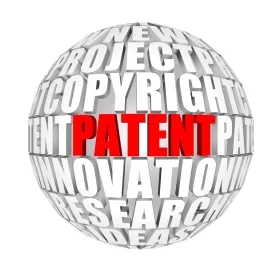Dr. Milind Antani, Darren Punnen and Shreya Shenolikar of Nishith Desai Associates have analysed the key regulations applicable to the Indian pharma, medical device and health-tech industry in a multi-part podcast series. The series starts off with the basics of pharmaceutical and medical device regulation and subsequently delves deeper into the regulation of various aspects of the industry. Each episode begins with an overview of applicable regulation, how the regulation applies to the industry and ends by providing some practical inputs on how stakeholders should approach this space.
Episode Introduction: Patents are perhaps the most crucial intellectual property available to pharmaceutical and medical device companies as the active pharmaceutical ingredient of a drug or a medical device is generally eligible for patent protection. Therefore, understanding the patent framework is a key component of doing business in India. In India, the Patents Act, 1970 (Patents Act) regulates the application process, grant and revocation of patent. The Patents Act also provides guidance on the types of inventions that are eligible for patent protection.
In this podcast, Shreya Shenolikar provides an overview of India’s patent framework and how it has evolved vis-à-vis the pharmaceutical industry. She specifically deals with one of the most controversial provisions of the Patents Act i.e. Section 3(d) which restricts method of use patents. She argues that while Section 3(d) was enacted as a bar against evergreening, the manner in which the provision has been enforced often leads to denial of patent protection to deserving applications. The podcast also covers:
-
The evolution of the Patent Act from not providing patent protection to pharmaceutical products, the contribution of The Agreement on Trade-Related Aspects of Intellectual Property Rights to the development of India’s patent law and an overview of pharmaceutical patenting in India.
-
Restrictions on patenting drugs under Section 3 of the Patents Act.
-
Provisions to prevent evergreening under India’s patent law, with a focus on Section 3(d).
-
Patenting of living organisms and DNA.
-
Patenting of surgical procedures.


 />i
/>i
